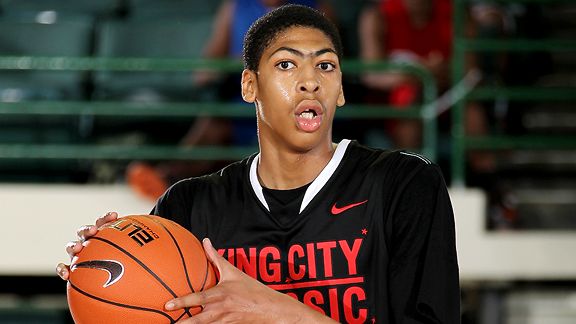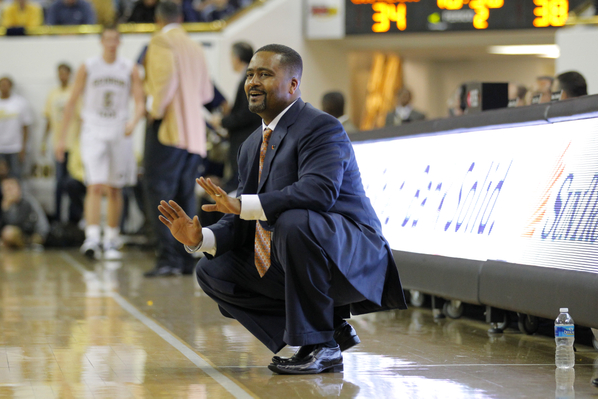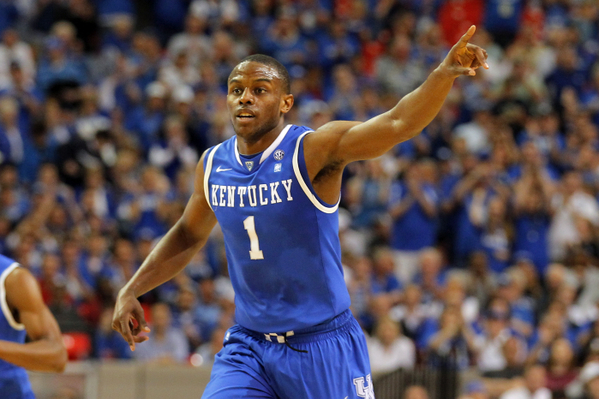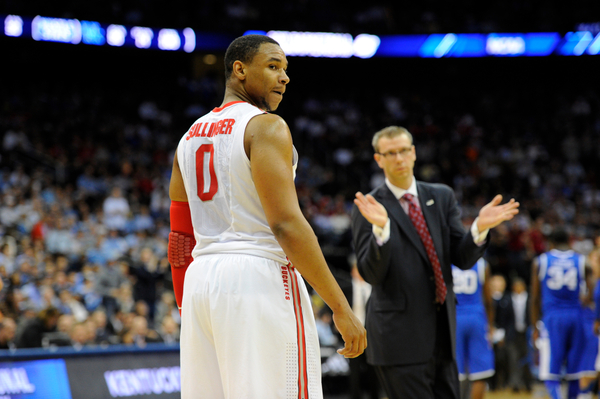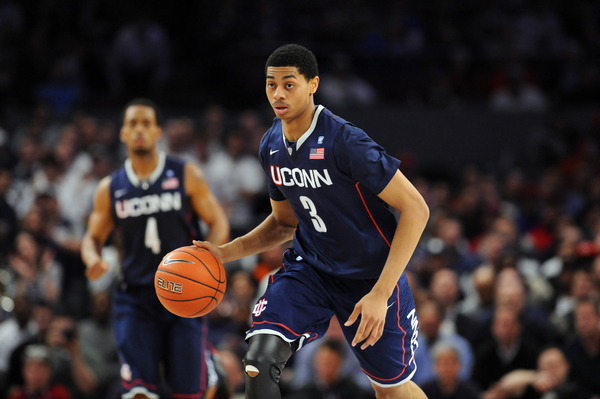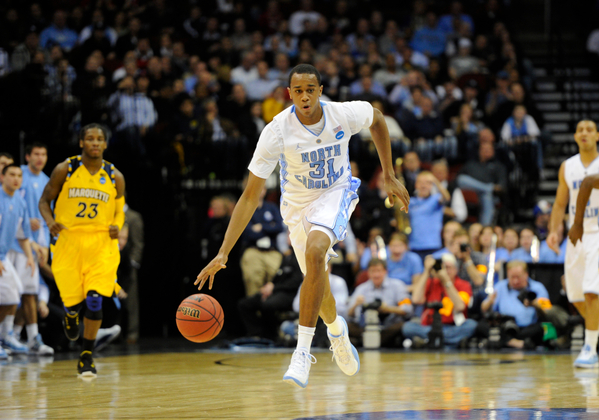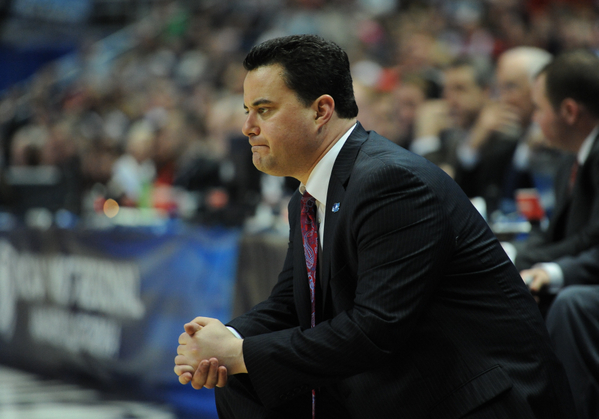Analyzing the Top Ten Recruiting Classes of 2011
Posted by zhayes9 on October 7th, 2011 Zach Hayes is an editor, contributor and bracketologist for Rush the Court.
Zach Hayes is an editor, contributor and bracketologist for Rush the Court.
In this era of one-and-done, where every touted freshman and blue-chip prospect must lace up the sneakers in college for at least a season, recruiting has never been more important.
As recently as a decade ago, programs were built, legacies were formed and trophies were hoisted on the basis of developing and grooming four-year players. In 2003, freshman Carmelo Anthony bucked that trend by carrying his Syracuse team to a national title. When David Stern instituted an age limit to participate professionally, impact players such as Greg Oden, Kevin Love and Derrick Rose may have only dipped their toes in the collegiate water, but the Final Four berths won’t soon be forgotten.
This upcoming season, college basketball hasn’t been gutted as dramatically as in the past. Assumed lottery picks passed on the immediate NBA riches whether in fears of a prolonged lockout or simply to accomplish goals left unmet. A plethora of battle-tested seniors also make their dramatic return. Despite this welcomed development, freshmen will still have their say in who grabs the four all-important #1 seeds and who ultimately graces the hardwood in Indianapolis next April.
Here are the ten teams primed to receive a substantial contribution from their talented newcomers this upcoming season:
1. Kentucky– Brandon Knight is the latest Calipari-coached freshman to bolt early for the pros. Luckily for Big Blue, their coach’s recruiting skills hasn’t eroded in the least bit. In pretty much any other freshman class in the country, Kyle Wiltjer would top the list; in Lexington, he’s easily the fourth-best rookie on the squad. The headliner is center Anthony Davis, the early favorite to be selected first overall in the 2012 NBA Draft. The Chicago native reminds many scouts of a young Kevin Garnett with his tremendous versatility, remarkable athleticism and exceptional rebounding abilities. Formerly a lightly-recruited guard prior to a timely growth spurt, Davis is more than comfortable handling the ball around the perimeter. Taking over at point guard for Knight is Marquis Teague, a lightning-fast lead guard and the younger brother of former Wake Forest and current Hawks reserve Jeff Teague. Teague is a better fit for Calipari’s preferred dribble-drive motion offense than the ball-screen dependent Knight. The third potential freshman starter is St. Patrick’s own Michael Kidd-Gilchrist. Gilchrist is an intense competitor and will be absolute joy for Calipari to coach. Witjer should prove a valuable backup big man with a refined perimeter game.
2. Duke– Losing your three most productive players – two face-of-the-program seniors and a point guard that just happened to be chosen #1 overall — would result in a multi-year rebuilding process at most schools. Most schools aren’t Duke, and the Blue Devils are once again expected to compete in the top ten. The biggest reason why is Austin Rivers. Easily the best scoring guard in the freshman ranks, Rivers is a legitimate threat to average 17-20 PPG during his first (and likely only) season in Durham. Rivers does possess the ability to create his own shot, but could struggle to get opportune looks until Seth Curry develops a comfort level at point guard. Oak Hill’s Quinn Cook is expected to compete for minutes at the point once he recovers from a knee injury. He appears destined to be Duke’s floor general of the future. Cook is a born leader that has one priority: to create scoring opportunities for his teammates. How deep Coach K opts to utilize his bench will determine the playing time of wings Michael Gbinije and Alex Murphy, along with the third Plumlee brother, Marshall Plumlee. All three will be regular contributors down the road. Once Murphy develops some strength, he could be the best of the lot as a scoring threat with sneaky athleticism.





























